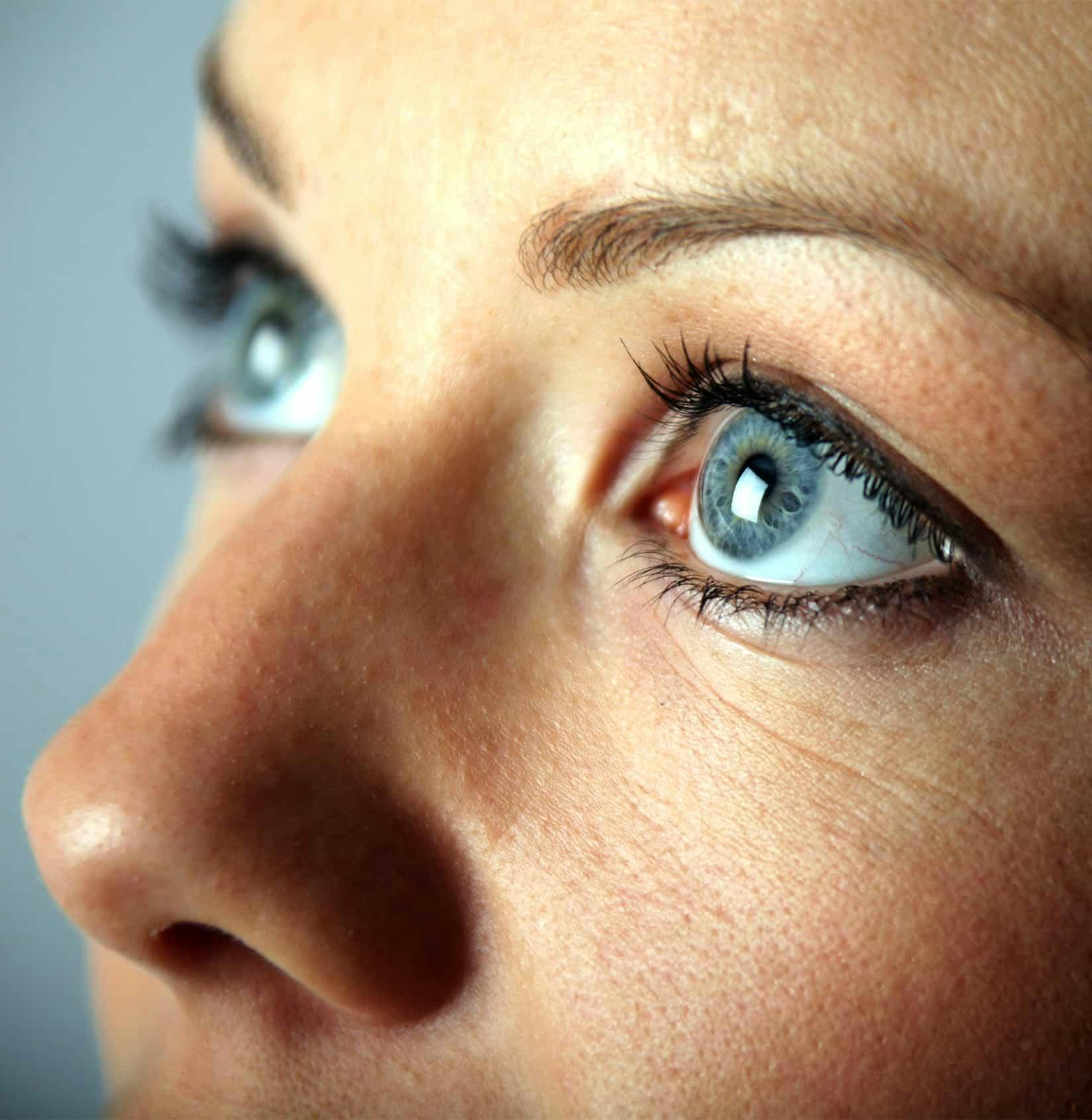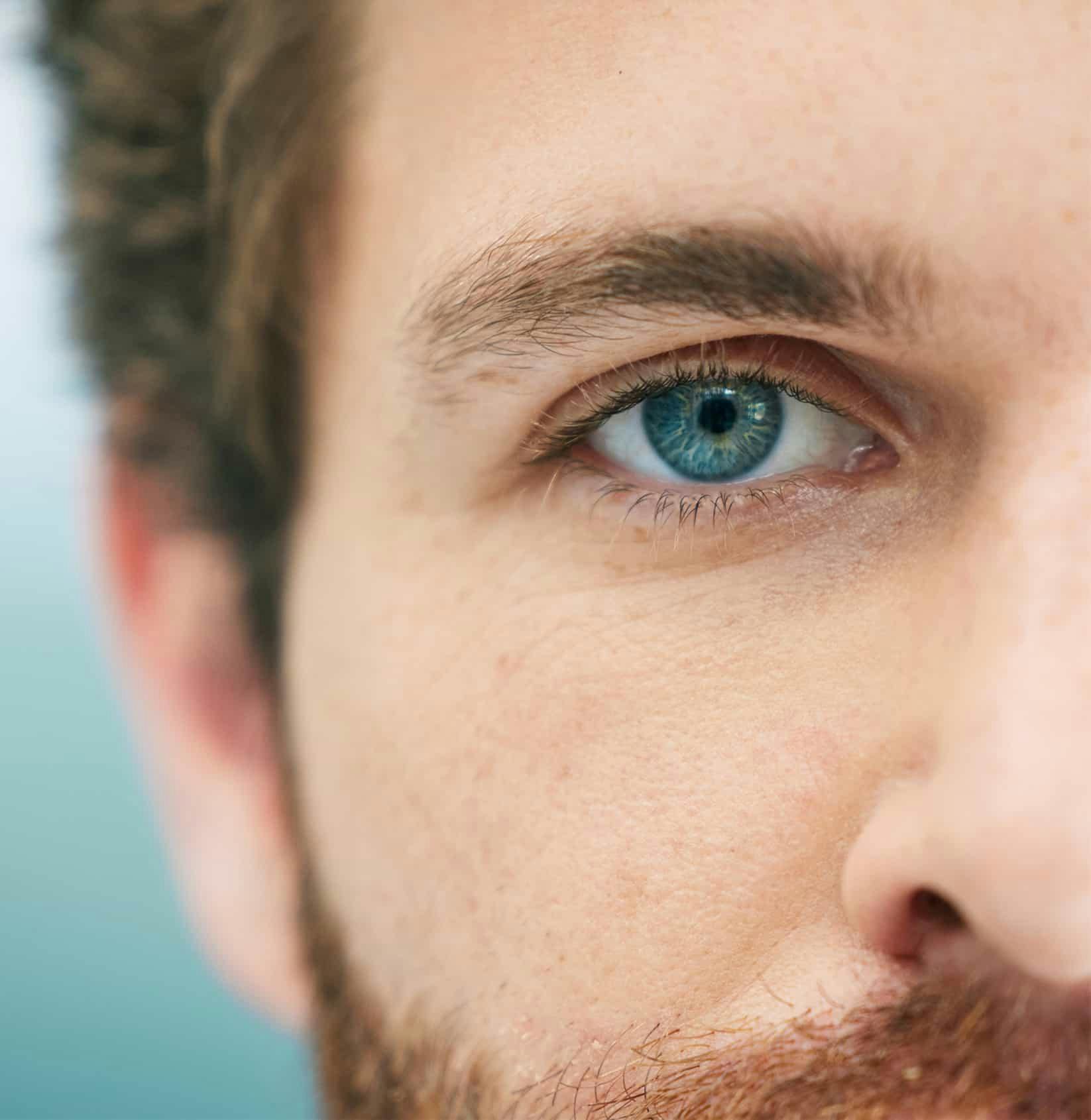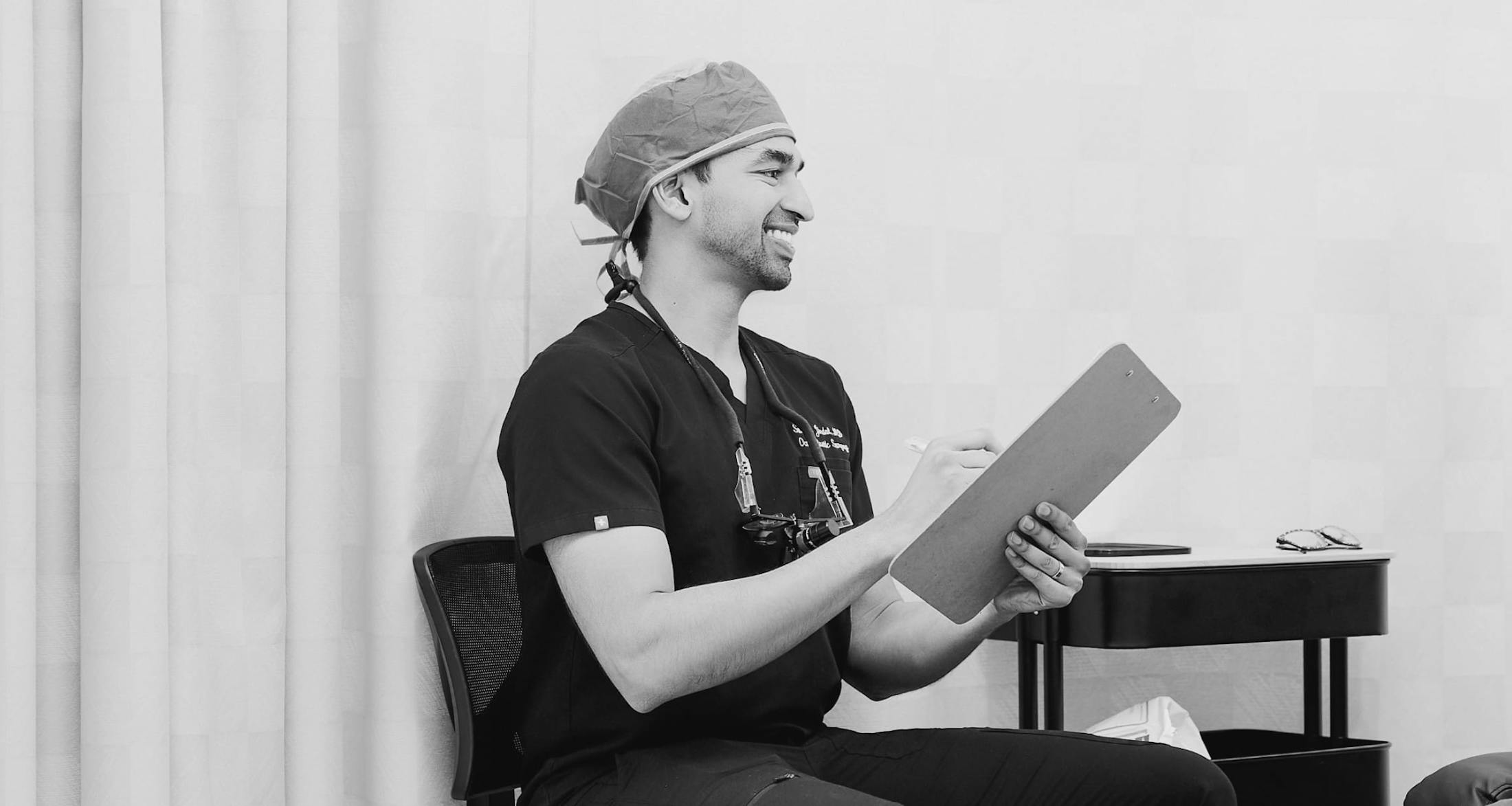Corneal remodeling may be a highly beneficial solution for patients struggling with keratoconus, pellucid marginal degeneration, post-LASIK ectasia, and other irregular corneal shape eye conditions. The procedures aim to reshape the corneas, stabilize vision, and allow patients to wear contacts and glasses. Corneal remodeling is significantly less invasive than corneal transplantation and comes with lowered risks and a more seamless, rapid recovery process.
What Are Intacs?
Intacs (intrastromal corneal ring segments) are acrylic inserts placed in the cornea to normalize its shape. The procedure takes place in the office and is known to help patients achieve a moderate enhancement in vision. After Intacs, it is common for patients to gain several lines of accuracy on the vision chart, and many insurance plans cover Intacs.










